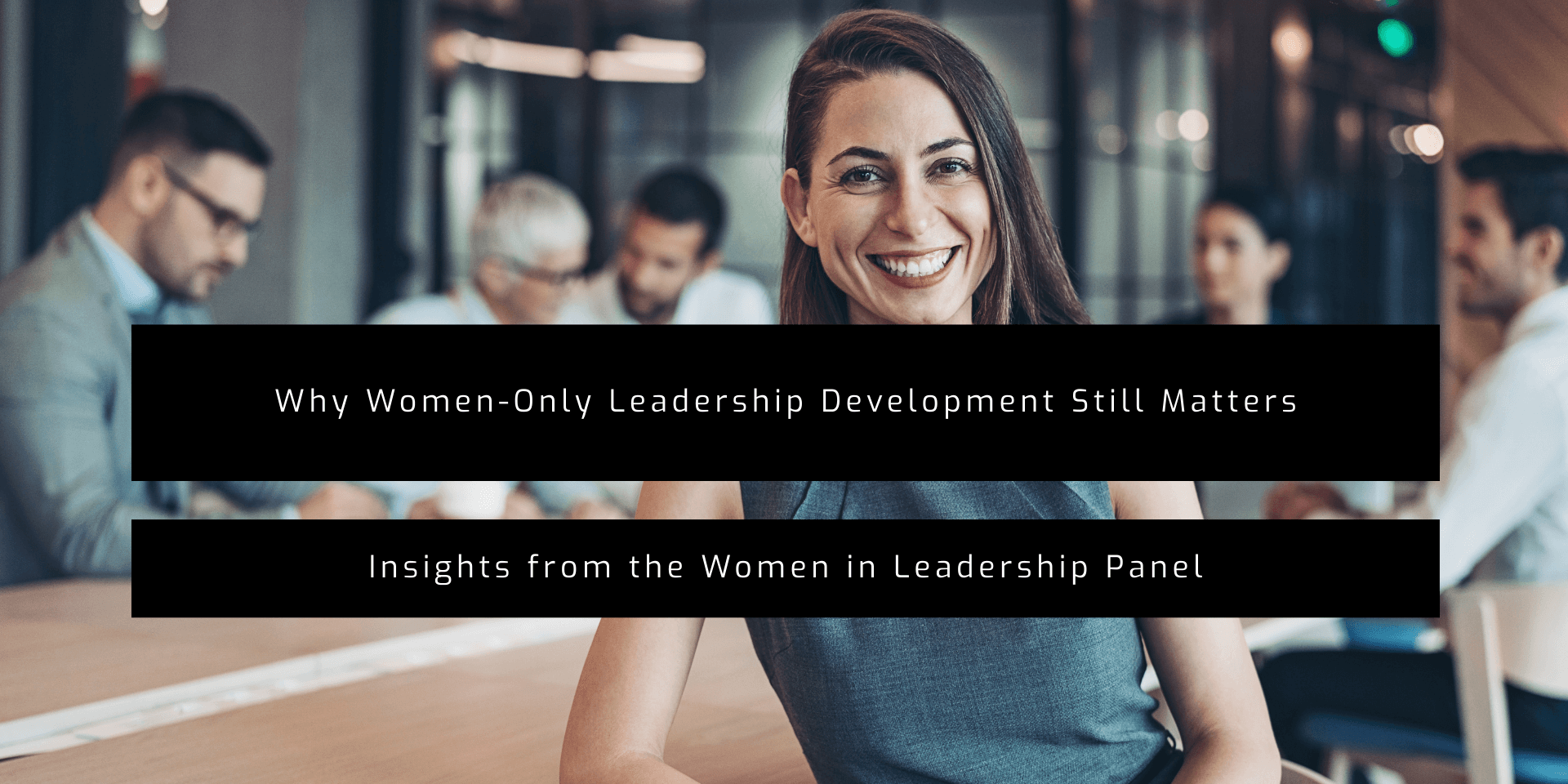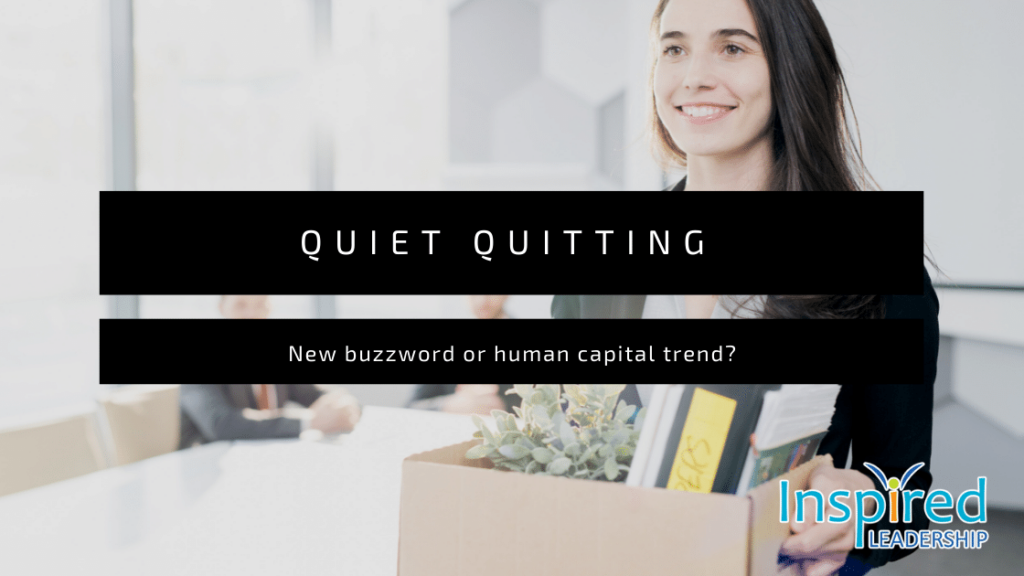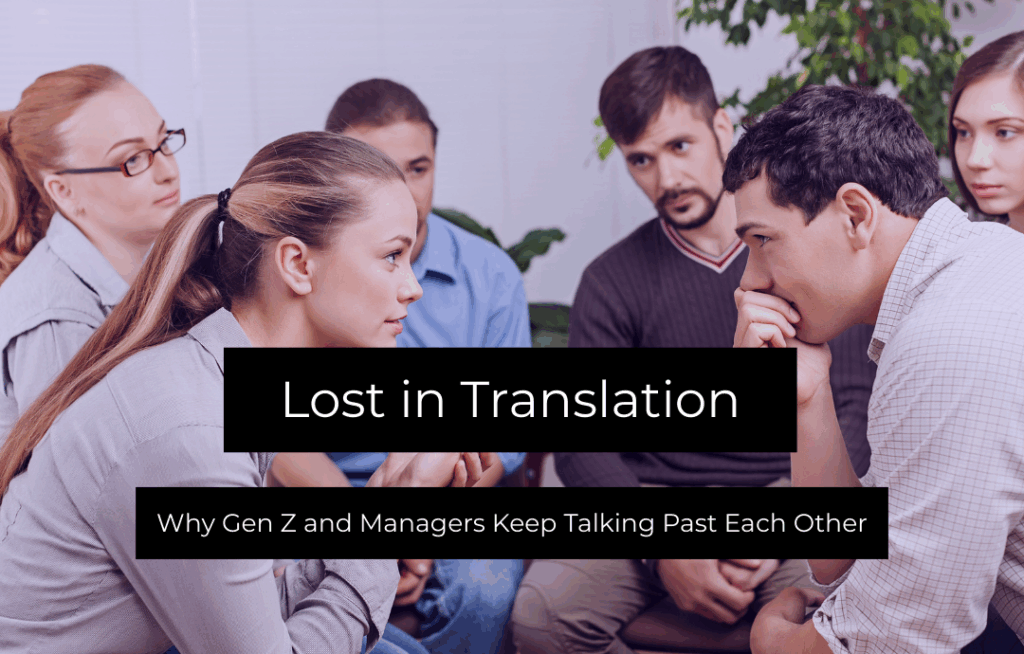In the lead‑up to Women’s Month, I hosted a Women in Leadership Panel Discussion that tackled a surprisingly divisive question:
Do we still need women‑only leadership development in 2025?
One comment that stood out came from a business leader who said, “I don’t think it’s necessary anymore. Surely, we’ve moved beyond that?”
It’s an interesting perspective, but when we combine lived experiences with hard data, a different story emerges.
The Reality Check: The State of Gender Parity in 2025
According to the World Economic Forum’s Global Gender Gap Report, 97% of countries have closed more than 60% of their gender gap, but at the current rate, we’re 134 years away from full parity.
Some key statistics:
- Political leadership: Women hold only 27.2% of parliamentary seats worldwide, and just 27 countries have a woman as Head of State or Government. Political parity could take another 130 years to achieve.
- Economic participation: Women make up 50% of the working‑age population but hold only 35% of management roles, moving at a pace that means parity is still 100 years away.
- The “Leaky Pipeline”: Women hold 43.4% of jobs but only 30.6% of leadership positions, with the steepest drop-offs in male-dominated industries, such as construction and technology.
Unpaid labour: Women spend 2.5 times more hours than men on unpaid care work, and this gap won’t close until the year 2228.
Panel Perspectives – More Than Just Numbers
The panel’s conversation added depth to the statistics.
One participant pointed out:
“The glass ceiling isn’t just about breaking through to the top; it’s about the invisible walls we hit on the way there.”
Another panellist, reflecting on her industry experience, noted:
“It’s not always overt discrimination. Sometimes it’s the subtle ways we’re excluded from key conversations or overlooked for stretch opportunities.”
And perhaps the most telling comment of the day:
“If we don’t create spaces where women can learn, grow, and network without constantly having to prove they belong, we’ll keep losing talented leaders before they reach their potential.”
First World vs. Developing World – Different Barriers, Shared Struggles
From our discussion, it became clear that context matters:
- Developed economies tend to have higher parity scores, while systemic bias, male‑centric corporate cultures, and lack of sponsorship remain persistent barriers.
- Developing economies often face more fundamental challenges, including legal restrictions, limited access to education, and higher rates of gender‑based violence.
Despite varying starting points, a consistent pattern emerges globally: women remain underrepresented in leadership positions.
Why Organisations Should Care
The business case for diverse leadership is well‑established:
- Profitability: Companies with the most gender‑diverse leadership teams have profit margins 12.6 percentage points higher than the least diverse.
- Decision‑making: More perspectives lead to better analysis and stronger solutions.
- Talent retention: Inclusive leadership attracts and keeps top talent.
Engagement: Women leaders often boost morale and inspire commitment through transformational and service leadership.
The Case for Women‑Only Leadership Programs
Our panel agreed that while these programs aren’t a silver bullet, they are a strategic necessity:
- Targeted skill‑building in a safe environment to tackle challenges like bias and confidence gaps.
- Networking and mentorship from peers and role models who share similar journeys.
- Keeping women in the pipeline so talent doesn’t drop out before reaching senior levels.
- Driving cultural change by empowering women to advocate for themselves and others.
Breaking stereotypes by celebrating collaborative, empathetic, and strategic leadership styles.
My Takeaway
Women‑only leadership development isn’t about exclusion. It’s about acceleration, giving women the tools, networks, and confidence to thrive in systems that are still far from balanced.
As one panellist summed it up perfectly:
“Until the playing field is level, levelling the playing field isn’t favouritism, it’s fairness.”
Listen to the full Ask Angela podcast episode here:
Explore the Ignite Her Journey program:






